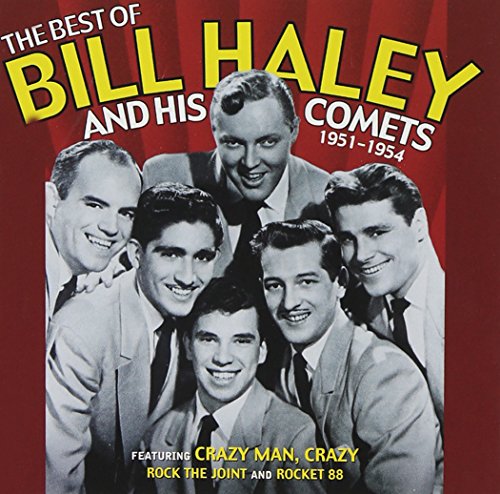I recently received this in the email:
Hello all!
Students for the Exploration and Development of Space (SEDS) is ready for liftoff this school year! We had an amazingly successful involvement fair last week, and we are about to jump off the launchpad!
We have a lot of new and exciting events coming up, and it all starts at our first event of the year this Thursday, August 30th at 5pm in Page Hall 240 where we will be drawing for the winner of the telescope raffle, as well as talking about the upcoming year! Our next 2 meetings are on Thursdays, September 6th and 13th at 5pm in the same room. There will be food!
I am excited to see you all there, and tell your friends to join us!
